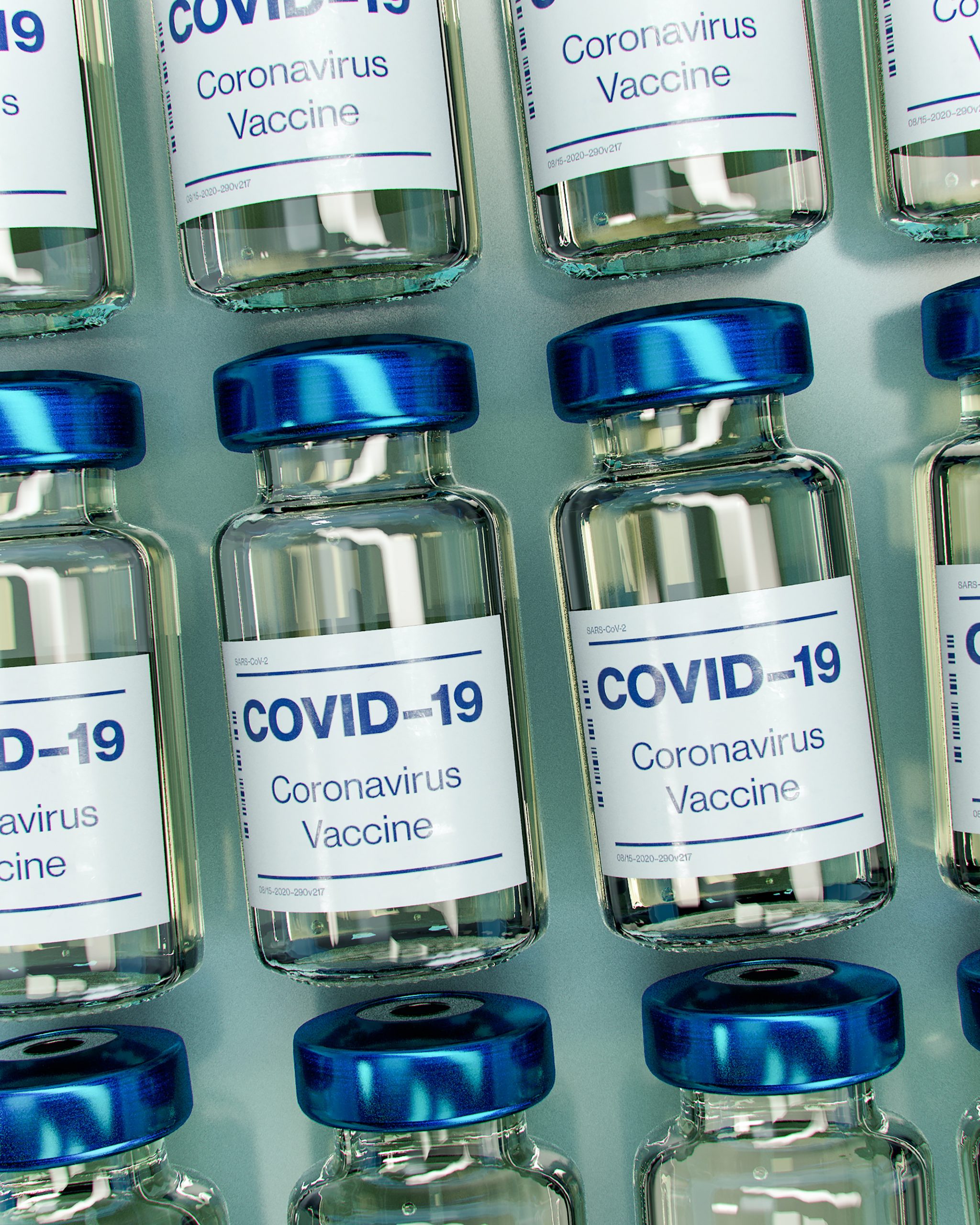blog
Being trusted
Early every morning, on my walk, I see Dennis. Dennis sweeps the street and keeps it free of litter. This morning, I remarked to him that I didn’t know what we’d do without him. His face broke into a broad smile, and he responded that he loved his job. ‘What makes you love it?’ I asked. ‘Well,’ he replied, ‘I’m not OCD, but I do like to see everything tidy. I meet nice people, I’m my own boss, and I’m trusted to get on with it’.
Purpose, peace and ease
As he spoke to me, he looked with pride at the surrounding pavements on the big junction where we stood. His clear sense of doing something meaningful, that met his purpose, and a sense of peace and ease about him, struck me forcefully.
He told me too that he’d been featured in the local community paper and highlighted for recognition. Local shopkeepers and residents acknowledge his effect on the environment that they all share.
Cognitive, emotional and somatic
It was a 2-minute conversation, and it’s had a noticeable impact for me, in terms of not only my cognitive experience, but also the emotional and the somatic experience.
As I left Dennis and walked on, I felt uplifted and changed. I saw and felt my surroundings with a slightly sharper clarity and presence, the blossom in its extraordinary beauty and abundance, and the clumps of bluebells with their distinctive shape and… well… blueness. I felt more grounded and balanced, and I had a sense of joyful energy. The world felt very good. Strangely, more people greeted me than usual, and I greeted more people myself too. I wondered if I may have been somehow passing on some of Dennis’s emotional impact.
At the same time I’m engaging with the concepts that this evokes for me contextually as an executive coach – and I’m wondering about the parallels between Dennis’s context and that of the senior leaders I coach (as bizarre as that may sound).
Purpose, autonomy, accountability and complexity
Dennis’s joy in his job comes from factors which are relatively simple to articulate, and are indeed fundamental, but whose presence is difficult to perceive in many of the contexts I work in. I’m thinking, for example, of the senior manager promoted for reasons he’s not clear about to a role whose expectations he’s distinctly unclear about, while being clearly held accountable by his line manager, and feeling like a misfit in his new team. These are all topics we can work on in his coaching: purpose, the balance of autonomy with accountability, acknowledgment, a sense of identity, and belonging and connection with those around him. It’s fortunate that he has coaching at all, to help equip him to make sense of the complexity of his environment, his relationships, and where he fits with his organisational and departmental strategy. But at the same time it feels to me like his boss could – and should – be doing a lot more to enable the ease and sense of safety that would very likely make a significant difference to my client’s wellbeing and effectiveness.
High stakes, relationships, complexity and safety
Another client is stepping his way round an infinite number of high-stakes situations and demands, and new, constantly-changing, very high-stakes relationships, all happening simultaneously, up down, across and diagonally, in a context of deep complexity. Unlike Dennis’s autonomy, my client is juggling multiple dependencies, much of the time he doesn’t feel trusting (rather he’s vigilant and on the alert), and he regularly reflects on how to manage the impacts of his and others’ behaviours with least fallout or risk. He says he’s happy, but he isn’t at ease, he works long hours and long weeks, and although he’s very senior, his sense of autonomy is always tempered by his testing the safety of his environment.
Leaders’ responsibility to enable peace, trust, ease and fulfilment
I accept that it may make no sense to juxtapose Dennis’s relatively simple situation with my clients’ complex roles and environments. On the other hand, I’m very curious about how leaders conceive of their responsibility (and opportunity) to design and embed working lives for themselves, their peers and their reports which release greater peace, trust, ease and fulfilment – and thus greater effectiveness. More than that, I worry about their health, their wellbeing and their longevity if leaders don’t take that responsibility.
Peace, ease and fulfilment
I accept that it may make no sense to juxtapose a street sweeper's relatively simple situation with my clients’ complex roles and environments. On the other hand, I’m very curious about how leaders conceive of their responsibility (and opportunity) to design and embed working lives for themselves, their peers and their reports which release greater peace, trust, ease and fulfilment - and thus greater effectiveness. More than that, I worry about their health, their wellbeing and their longevity if leaders don't take that responsibility.
Read more »Integrity, safety and wellbeing
I’ve just done something I’ve never done before: I’ve handed back a 4-year contract. At the heart of my decision was an inability to tolerate a client’s terms of engagement – both the formal, explicit terms, and the informal, implicit terms. My deepest values (integrity, professionalism, honesty, care for the coachee experience, respect, acknowledgment, being heard) were compromised. I felt deeply unsafe: my trust in the client was entirely absent. What was happening was moral injury, and the experience was threatening my wellbeing by demanding that I don’t behave in integrity – and I can only maintain my wellbeing if I’m behaving in integrity. I’ve learnt too that doing what matters deeply to me is a significant enabler of tough decisions and tough actions.
Read more »'I' or 'we' as a model for leadership?
What happens when a leader or a nation sees the future not through a lens of relationship, action and impact, but through a lens of isolation, cutting off supply routes of collaboration and support? Is this the model of leadership that we really need? ‘You’ and ‘yours’ can actually be the route to ‘me’ and ‘mine’ if only we choose to look through a broader lens. As a coach, I may enquire with a coaching client more explicitly into the implications of ‘I and we’ in contrast with ‘I or we’, at individual level, team level, organisation level and beyond. Putting ‘I’ before ‘we’ risks shutting off not only precious resources but also risks shutting off precious rewards. ‘We’ before ‘I’ might lead to rewards we hadn’t dreamed of.
Read more »Coaching through COVID and BMJ Leader
I'm privileged to have had a blog published in BMJ Leader, published in BMJ Leader, one of the publications in the BMJ (British Medical Journal) stable. The blog focuses on the very particular leadership style that characterises Coaching through COVID, the pro bono coaching programme for NHS and care sector staff who are directly impacted by COVID, and particularly those who don't nomally have access to coaching, from doctors and nurses to porters, cleaners, pharmacists, physiotherapists and many others, who are experiencing anxiety, uncertainty, threats to their personal safety and that of their families from contracting COVID-19, distress, trauma, exhaustion and much else.
Read more »2020: a year of learning
They say the toughest experiences are also the richest sources of learning. As 2020 closes, I look back indeed on the richest and most intense year of learning I can remember. As the hidden has erupted into the obvious in the most striking of ways, and when some of what we previously took for granted has been completely overturned, it is beyond any doubt that all of us need to beware of claiming that this or that is impossible. Being a co-founder of Coaching through COVID has meant for me the most nourishing, safe, innovative and energising team that I have ever been part of - and we have achieved extraordinary results. And working from home has shown in stark relief the extent to which health and wellbeing fall squarely into the manager’s and the leader’s responsibilities.
Read more »Psychological PPE: offer of free support
Free support - psychological PPE coaching - is available at Coaching through COVID for key workers impacted by COVID
Read more »The washing machine and the laundry: new perspectives on leadership
If we ever wondered what it would be like to be inside the drum of a washing machine, turned upside down, and over and over, multiple times, spun, and tangled in ways we’ve never before experienced, the last 10 months, since the COVID-19 pandemic hit the UK (and the world), might give us a hint as to what it might feel like. The turbulence created by the new order will mean that there are new lenses through which leaders will need to look as they sort their parameters, their strategies and their tactics: wellbeing jumps up the agenda, communication becomes a priority, relationships and connections become critical, sustainability receives more attention, and processes now require careful thinking through.
Read more »The deafening sound of silence
Silence can denote a holding back from what needs to be pointed out or challenged, a reluctance to speak about one’s own or others’ mental health challenges, or not enquiring into experience of racial difference, which can put at risk respectful connection in a relationship – and at its worst, can create a gulf. In some circumstances silence has a cost which is greater than the benefit. The danger of silence, when people don’t use their voices to admit mistakes, question the status quo, ask questions or offer ideas, is that the thinking power of a team is diminished. When people’s mental health is in play they may continue in silence, unsupported, while their condition deteriorates, corroding their wellbeing. When we fail to enter into conversation about, or to explicitly recognise racial difference, we fail to recognise, respect and acknowledge the individual. A climate of psychological safety enables inappropriate silence to be transformed into the release of rich and fertile thinking.
Read more »Psychological safety: the secret weapon of effective teamwork
Amy Edmondson, Novartis Professor of Leadership and Management at Harvard Business School, has been researching psychological safety for 20 years, and defines it as is a shared belief that you will not be punished, ignored or humiliated for speaking up with ideas, questions, concerns or mistakes. Because in a climate of psychological safety, people feel free to put forward new, and even seemingly crazy, ideas, because they feel free to point out errors and risks to each other (including their seniors) and because they feel free to ask for help and surface failure, rates of creativity and innovation rise significantly. So too do trust, collaboration, engagement and discretionary effort, which link with another benefit: inclusion and the authentic embrace of diversity. I’m accredited as a Licenced Psychological Safety Guardian, which allows me to administer and debrief the Psychological Safety Index, based on Amy Edmondson’s work.
Read more »Building resilience to face the challenge of uncertainty
Uncertainty has always been a constant in organisational life, but COVID adds something new to the mix. The effects of uncertainty on individual members of the workforce include anxiety, and concomitant weariness, which seem to be an undercurrent in society at large. Many organisations have found that they’re slowed down by the inevitable precautions they need to take, and that they’ve lost some of their previous robustness, responsiveness and pace. They need more resilience – and nurturing it is one of the most important contributions a leader can make to equipping his or her team to negotiate a successful journey through uncertainty. This blog outlines some of the main contributors to resilience that leaders can usefully focus on.
Read more »











